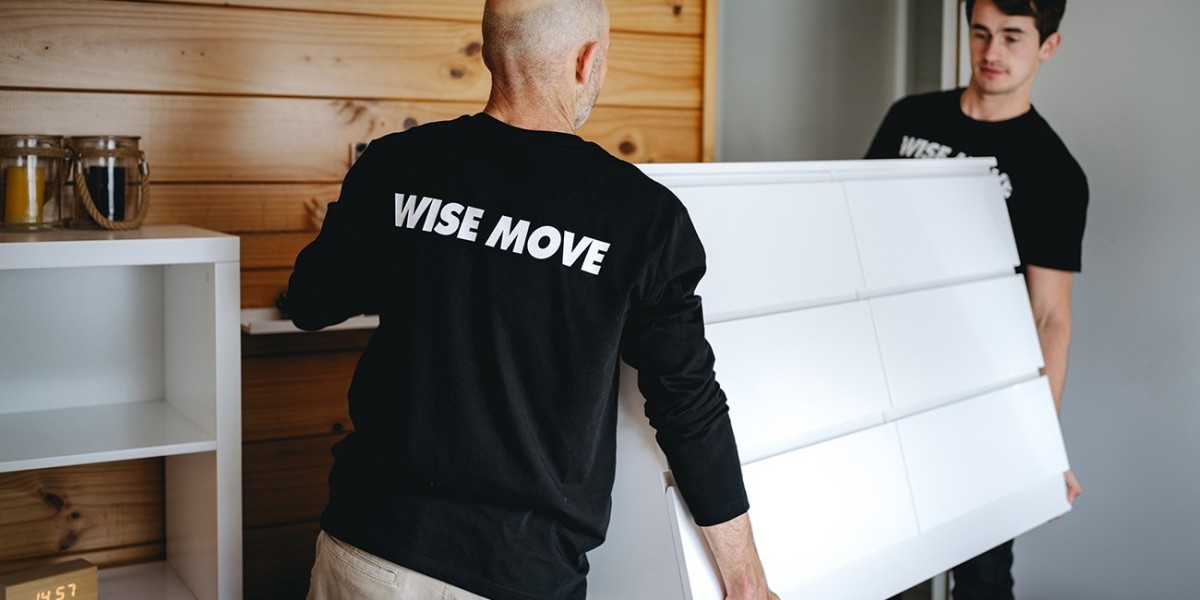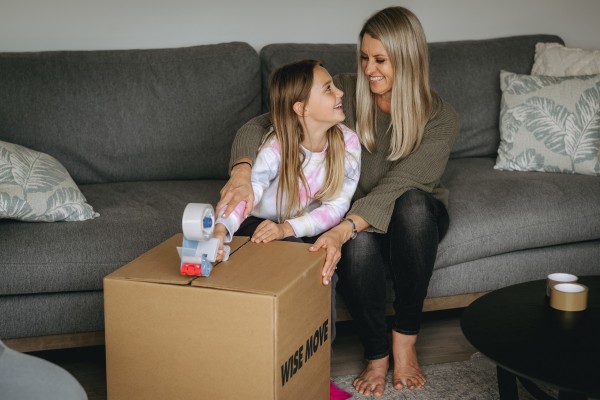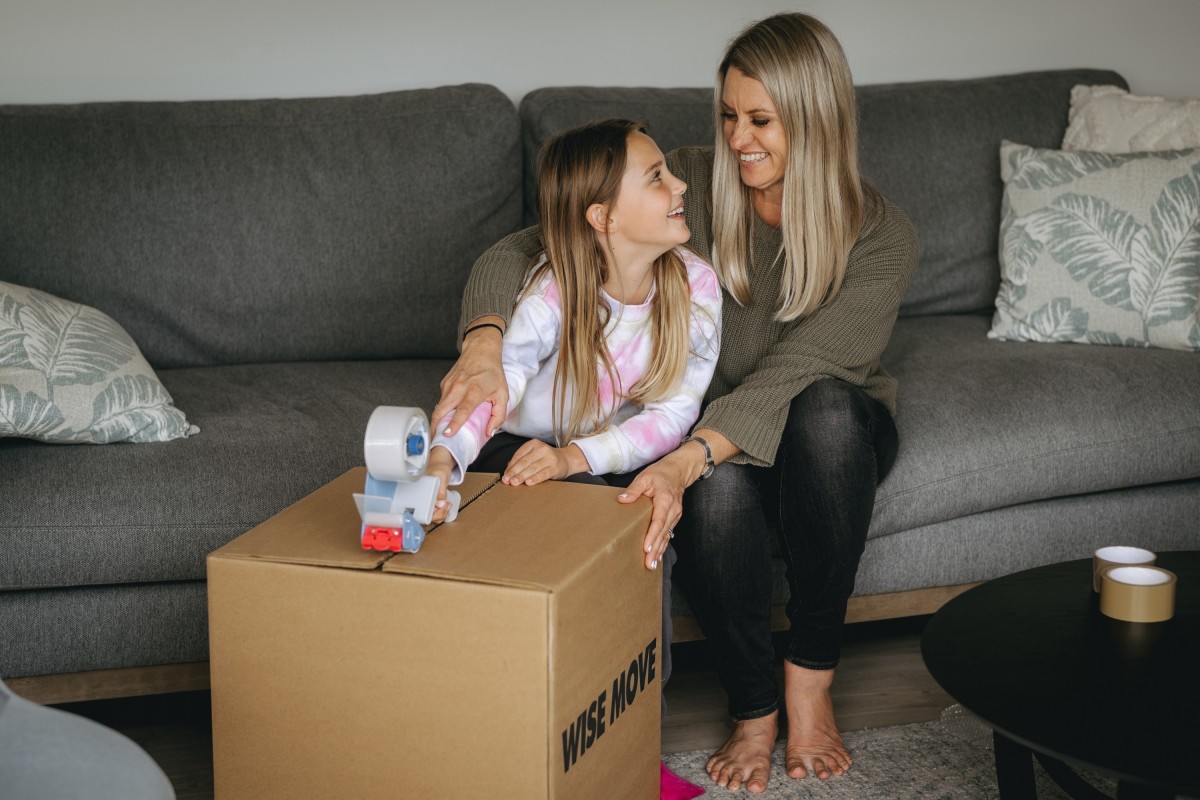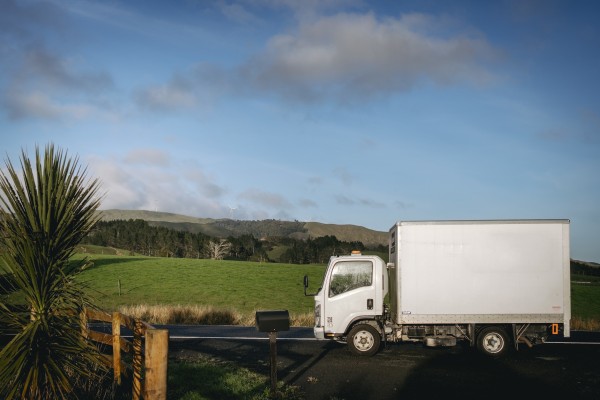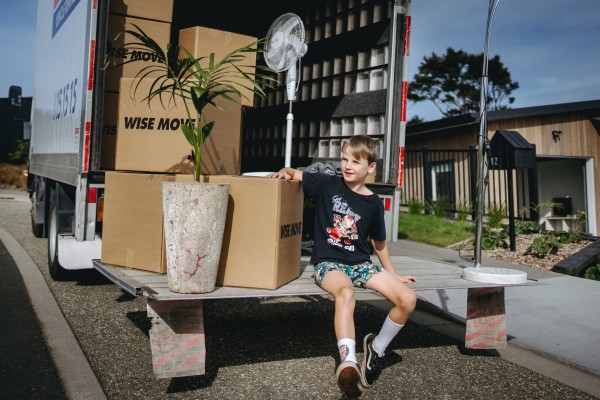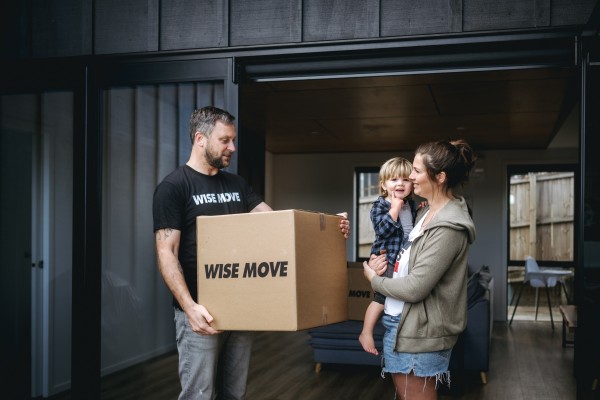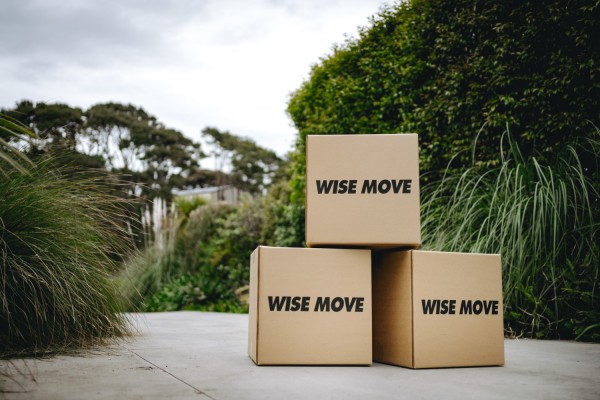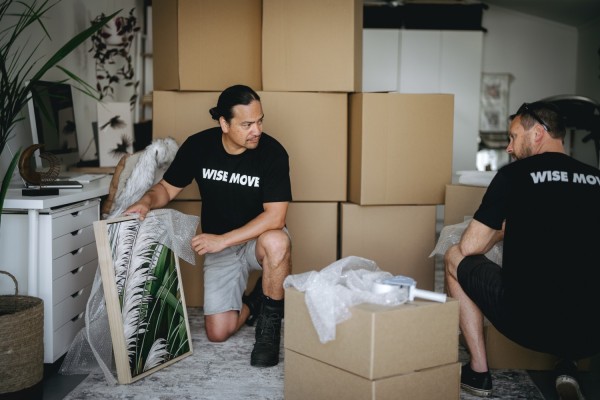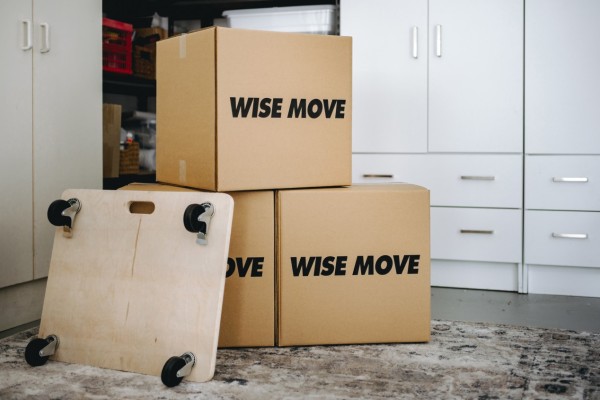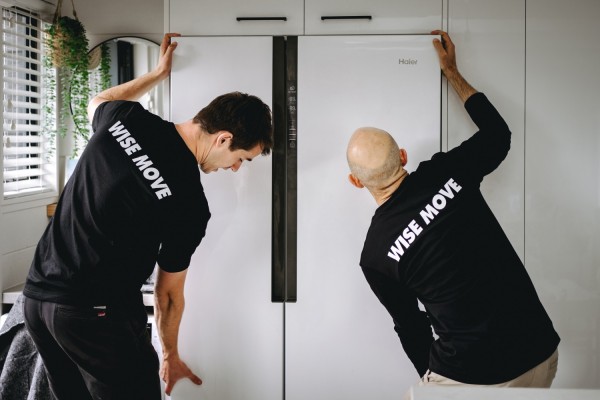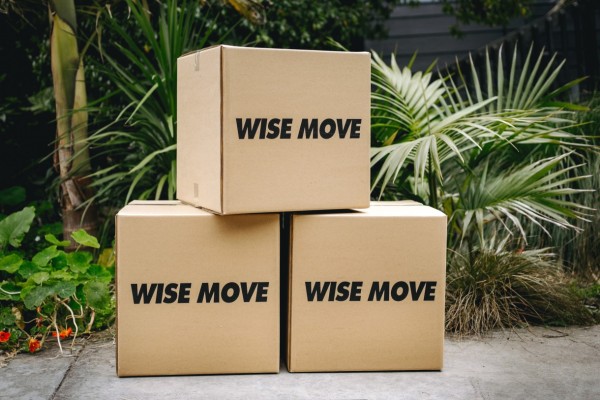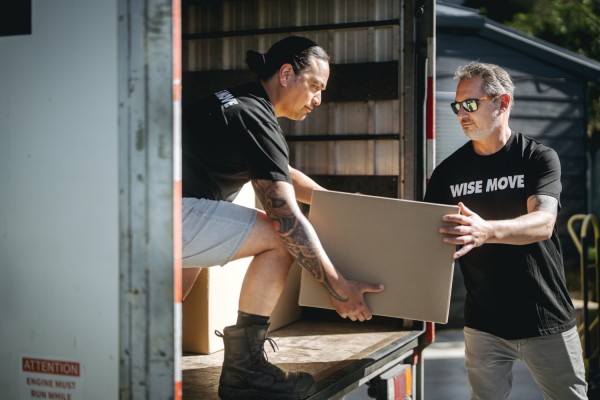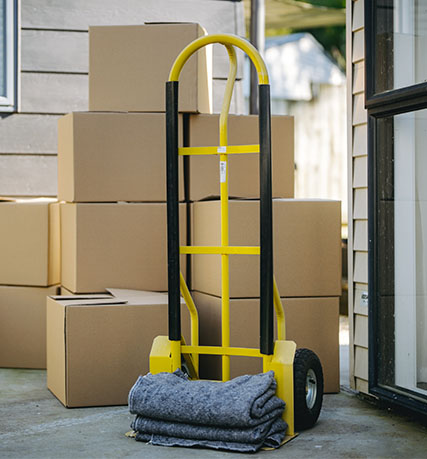Should I Purchase Moving Insurance Before Moving?

If you are planning to hire a mover, purchasing moving insurance has probably crossed your mind. Moving your furniture and other belongings puts them at risk of being damaged. Even when your items are moved by caring professionals, accidents can still happen. Factors beyond the control of your movers, like poor weather, traffic accidents, or human error, can result in damaged property.
To give you peace of mind from possible mishaps and prepare yourself in case something wrong happens, it is wise to get insurance before moving. We've put together a simple guide to help you understand how moving insurance works.
What is moving insurance?
Moving insurance provides financial coverage for your belongings in case any damage or loss is incurred during transit.
You can purchase transit insurance as a standalone product from insurance providers, home movers or moving companies.
What is the coverage of moving insurance?
There are different kinds of coverage depending on the policy of each insurance provider. Moving insurance generally covers the following:
-
Loss or damage to your goods during packing and unpacking
-
Loss or damage to your goods while being loaded or unloaded
-
Loss or damage to your goods while in transit (e.g. caused by road accidents, fires, derailment, theft, impact or malicious damage. Also the grounding of vessels, crashes and forced landings for aircraft)
-
Damage or loss to your goods caused by mishandling by removalists
What about contents insurance?
Just like moving insurance, contents insurance differs from one policy to another. If you have an existing contents insurance policy, it may include cover for your belongings while in transit. But that’s not often the case. Generally, most contents insurance policies don’t cover your belongings while in transit. You should contact your insurer to know exactly what your current policy covers.
How to get insurance for moving home in NZ?
Your moving company’s insurance
Moving companies are not legally required to provide insurance covering their customers' belongings during a move. However, most reputable moving companies will have insurance that protects your items. Before you book with a mover, enquire about their insurance coverage and what it covers. Carefully research your options before you choose a mover, and don’t forget to ask for recommendations from family, friends and colleagues.
Standalone transit or moving insurance
If your chosen moving company’s insurance coverage is not high enough to cover your belongings, then purchasing your own insurance is recommended. Start by asking your existing insurance provider for a quote. You may benefit from an existing customer discount. It is still advisable to shop around for the best deal.
The insurance policy price will depend on factors such as the value of your belongings and the circumstances you want your belongings to be covered. To fully understand the coverage, read the fine print or talk to the provider directly.
Any other tips for protecting my move?
-
Take photos of your belongings before your home movers collect them on your moving day. This way, you have proof to show your item’s condition before it was moved.
-
Pack your items properly and carefully to reduce the odds of them getting damaged during loading/unloading and in transit. Secure sturdy moving boxes for your items and use protective materials such as moving blankets, pads, bubble wraps, etc.
-
Hire trusted NZ movers to help you out with your move. Check reviews of previous customers so you will know the quality of service they provide to their customers. If you need help looking for a trusted home mover, submit a listing through Wise Move. We make it easy to get quotes from New Zealand's most trusted moving companies nationwide.
What do our customers say?


Wherever you are
Moving services across New Zealand. All Covered. No Hassle.
- Auckland
- North Shore
- Wellington
- Christchurch
- Hamilton
- Tauranga
- Palmerston North
- Nelson
- Whangarei
- New Plymouth
- Queenstown
- Dunedin
- Invercargill
- Rotorua
- Napier-Hastings
- Kapiti
- Whanganui
- Gisborne
- Blenheim
- Pukekohe
- Timaru
- Taupō
- Masterton
- Levin
- Ashburton
- Whakatāne
- Rangiora
- Feilding
- Rolleston
- Tokoroa
- Oamaru
- Hāwera
- Gore
- Waiuku
- Waiheke Island
- Greymouth
- Wanaka
- Motueka
- Te Puke
- Huntly
- Matamata
- Morrinsville
- Kerikeri
- Thames
- Kawerau
- Waitara
- Ōtaki
- Lincoln
- Kaitaia
- Stratford
- Alexandra
- Dannevirke
- Carterton
- Dargaville
- Cromwell
- Waihi
- Whitianga
- Snells Beach
- Marton
- Warkworth
- Foxton
- Taumarunui
- Katikati
For every (wise)move

